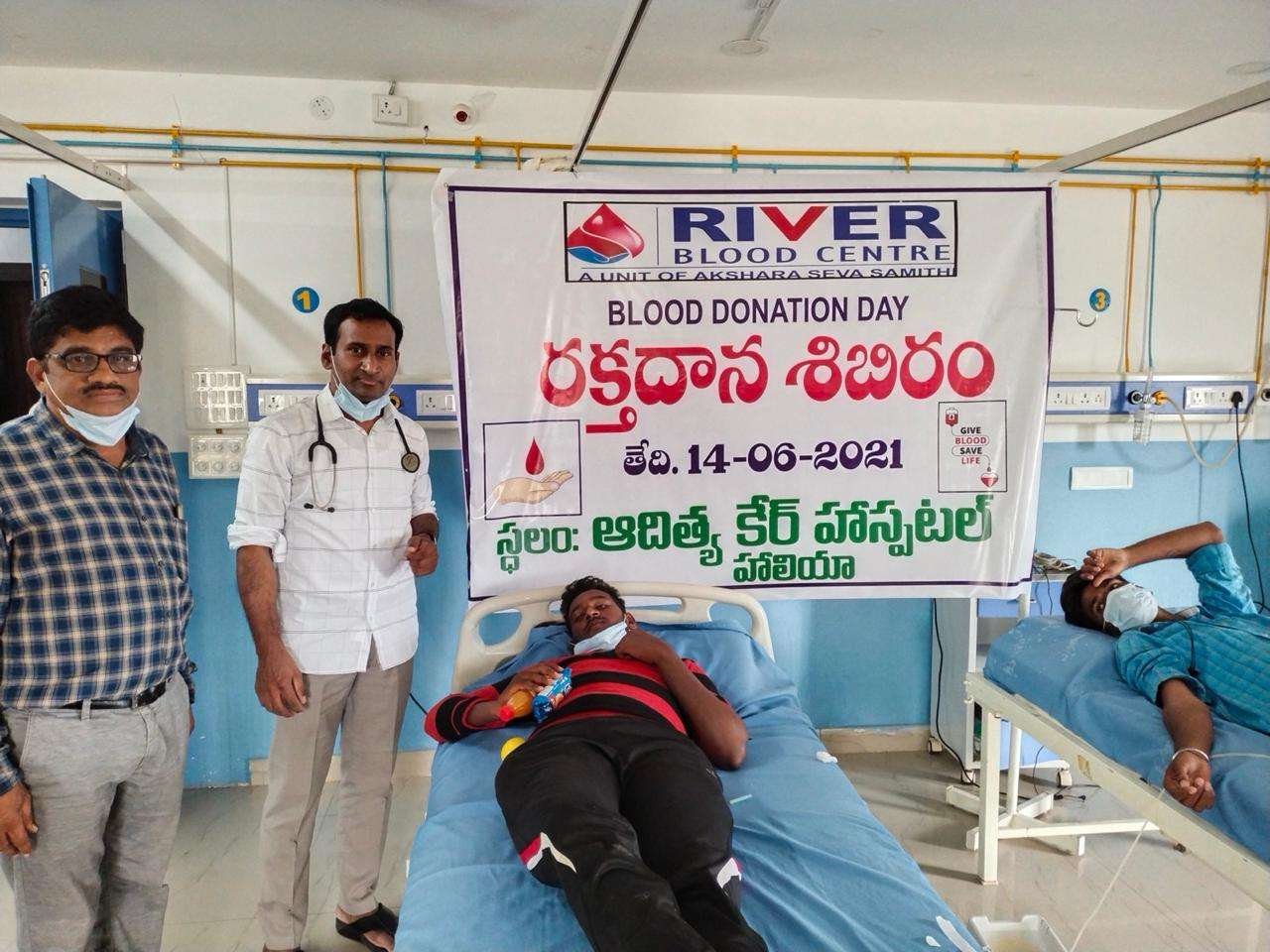High blood pressure, or hypertension, is a common yet serious health condition that increases the risk of heart disease, stroke, and other complications. Understanding its causes, symptoms, and management strategies can help in preventing long-term health issues.
Causes of High Blood Pressure
Several factors contribute to high blood pressure, including:
- Unhealthy Diet: Excessive salt, processed foods, and unhealthy fats.
- Lack of Physical Activity: A sedentary lifestyle leads to poor circulation and weight gain.
- Obesity: Extra weight puts additional strain on blood vessels.
- Stress: Chronic stress can elevate blood pressure levels.
- Genetics: A family history of hypertension increases risk.
- Smoking & Alcohol: Both contribute to high blood pressure and heart disease.
- Medical Conditions: Diabetes, kidney disease, and thyroid issues can lead to hypertension.
Symptoms of High Blood Pressure
High blood pressure is often called a silent killer because it may not show obvious symptoms. However, in some cases, individuals may experience:
- Headaches or dizziness
- Blurred vision
- Chest pain
- Shortness of breath
- Nosebleeds
- Fatigue or confusion
If you experience these symptoms frequently, consult a healthcare provider for a blood pressure check.
Management Tips for High Blood Pressure
Controlling blood pressure is essential for long-term health. Here are some effective management strategies:
1. Adopt a Healthy Diet
- Reduce salt intake to lower blood pressure levels.
- Eat potassium-rich foods like bananas, spinach, and sweet potatoes.
- Include whole grains, lean proteins, and healthy fats in your meals.
2. Maintain a Healthy Weight
- Losing even 5-10% of body weight can significantly lower blood pressure.
- Avoid processed foods and sugary drinks that contribute to weight gain.
3. Exercise Regularly
- Engage in at least 30 minutes of physical activity most days of the week.
- Activities like walking, cycling, and swimming help improve circulation.
4. Manage Stress Effectively
- Practice meditation, deep breathing, or yoga to lower stress levels.
- Ensure adequate sleep and take breaks to relax.
5. Limit Alcohol and Quit Smoking
- Reduce alcohol consumption, as excessive drinking can elevate blood pressure.
- Quit smoking, as it damages blood vessels and increases hypertension risk.
6. Monitor Blood Pressure Regularly
- Check your blood pressure at home or visit a doctor for regular screenings.
- Early detection can help prevent severe complications.
Final Thoughts
High blood pressure is manageable with lifestyle changes and medical guidance. By maintaining a healthy routine and monitoring your health, you can prevent serious complications and lead a healthier life.



